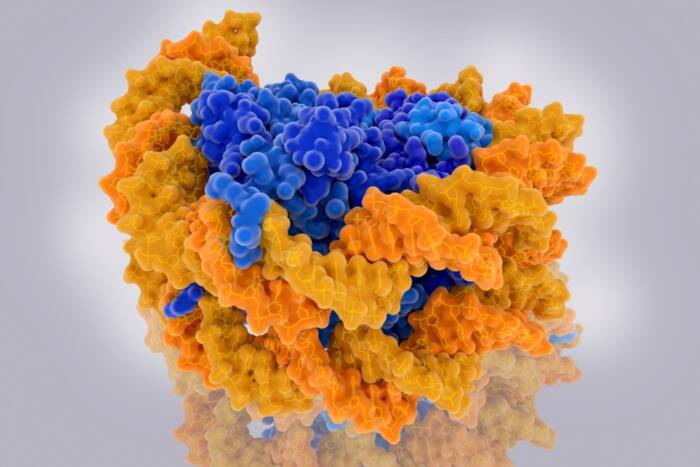Jonathan Winson, founder of dream analysis, dies at 84
by TALLEY HENNING BROWN
“Dreams were never designed to be remembered, but they are keys to who we are.” Widely considered the founder of modern dream analysis, Jonathan Winson, who wrote these words in 1985, bridged the fields of psychoanalysis and neurobiology by elucidating the biological underpinnings and evolutionary imperative of dreams. Dr. Winson, associate professor emeritus of The Rockefeller University, passed away February 3 from pneumonia in Santa Monica, California. He was 84 years old.
Born February 20, 1923 in New York City, Dr. Winson received his bachelor’s degree in mechanical engineering from City College of New York in 1944 and his master’s degree in aeronautical engineering from New York University the following year. After completing a professional degree in the same field at the California Institute of Technology and a doctoral degree in applied mathematics from Columbia University, Dr. Winson took over management of his family’s New York manufacturing business with his brother, Mike Winson. A long-held fascination with sleep and dreams led him in 1967 to join The Rockefeller University, as an apprentice in Neil Miller’s Laboratory of Physiological Psychology.
Through studies of the rat brain, Dr. Winson reasoned that the key to understanding dreams is theta rhythm, sinusoidal waveforms that occur in the brains of all vertebrates and that synchronize the neuronal transmissions that occur during waking experience in order to store them in long-term memory during rapid-eye-movement (REM) sleep, the state of sleep when most dreams occur. He made two remarkable discoveries about theta rhythm: that its elimination results in severe long-term memory deficits; and that it occurs during species-specific behaviors that are crucial to survival.
Dr. Winson also showed that information flow through the hippocampus, the part of the brain responsible for learning and memory, is at its highest rate not only during crucial waking events but also during REM sleep. From these findings, Dr. Winson formulated the theory that dreams evolved as a tool for remembering information important to survival and for consolidation of new and old memories. In 1985, he published Brain and Psyche: The Biology of the Unconscious, inextricably tying together the fields of neurobiology and psychoanalysis.
Dr. Winson was appointed assistant professor at Rockefeller in 1973 and associate professor in 1979. He retired in 1988 and moved to Santa Monica, California. “Dr. Winson was an old-world gentleman. He saw science, and one’s participation in it, as a real privilege not to be taken lightly,” says Constantine Pavlides, research associate professor at Rockefeller and Dr. Winson’s first graduate student. “As a graduate student, I was always worried that we better get our results published or someone would beat us to it. Dr. Winson reassured me that science is a gentleman’s game and that the important thing is to scrutinize one’s findings and make sure they are, above all else, correct. He stressed that science is the pursuit of truth, and that that should never be compromised.”
Dr. Winson is survived by his wife of 61 years, Judith, his brother Mike, daughter June Meehan, son-in-law Garvin Meehan and granddaughter Heather.


